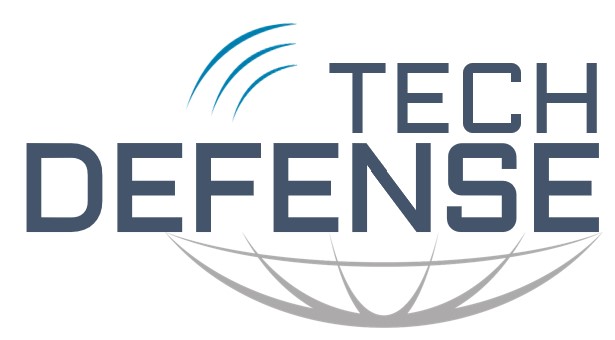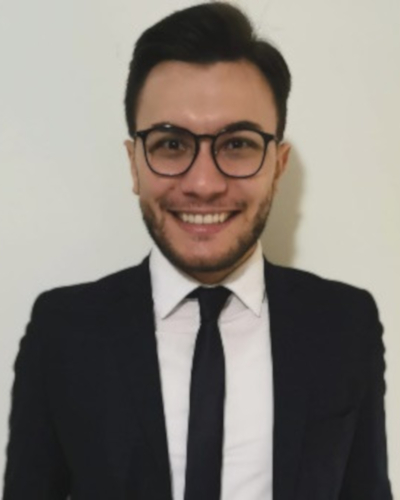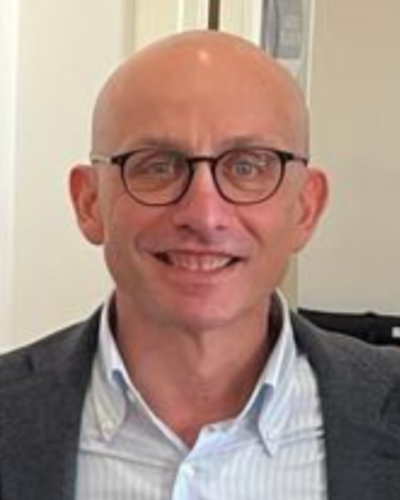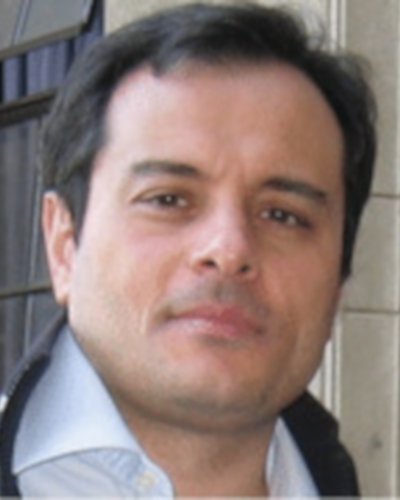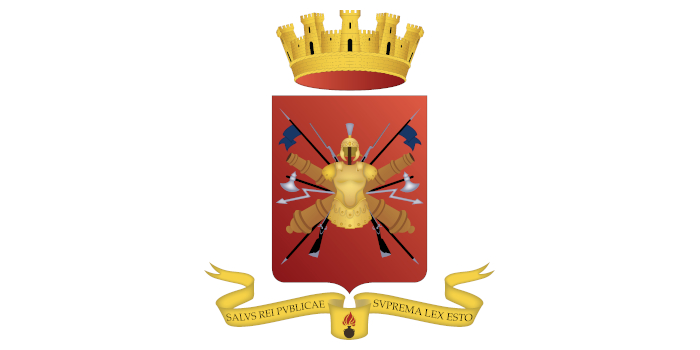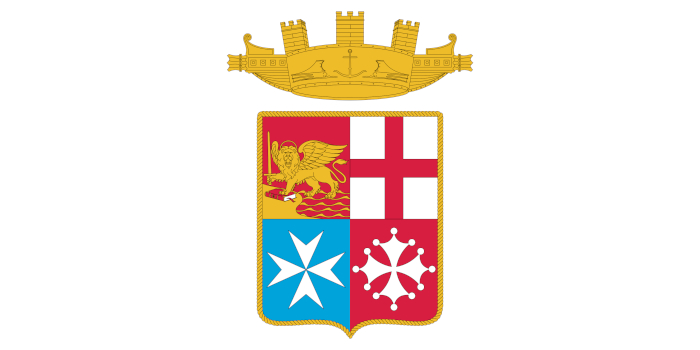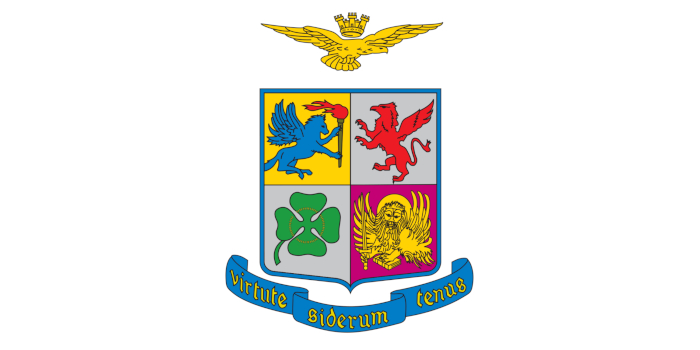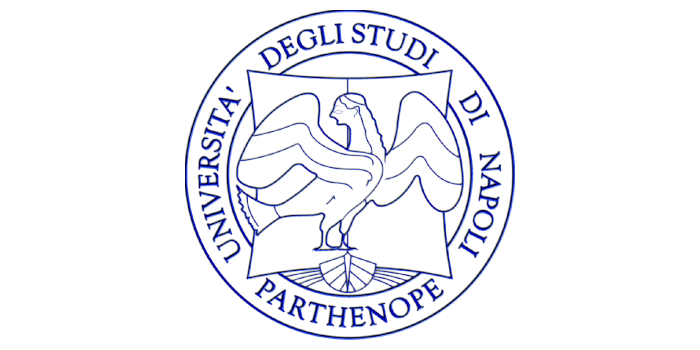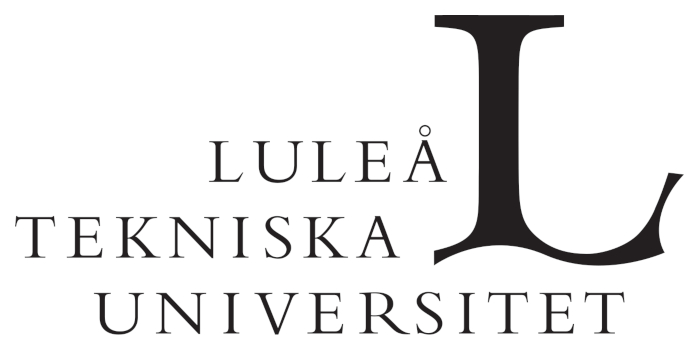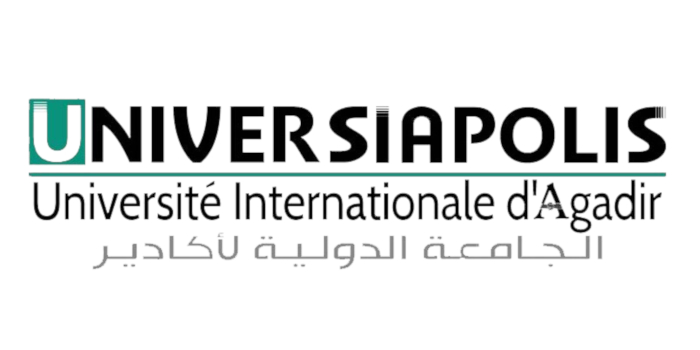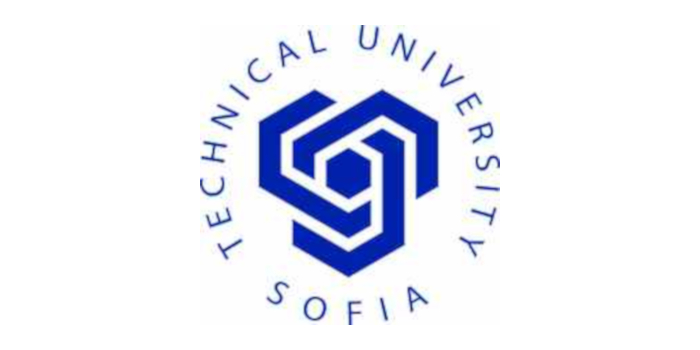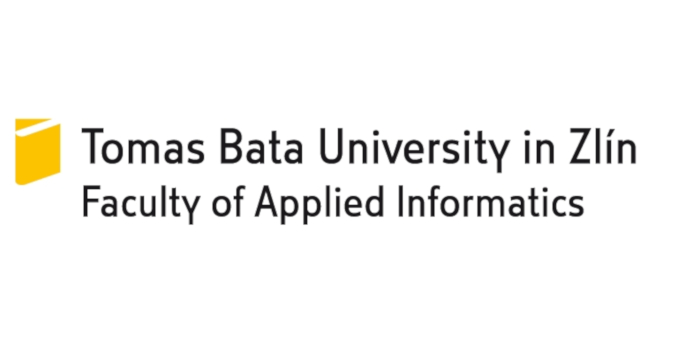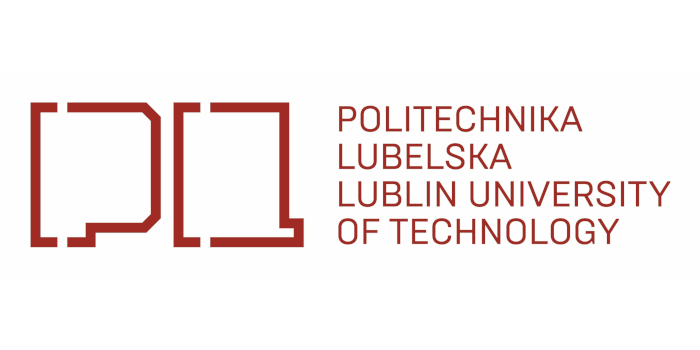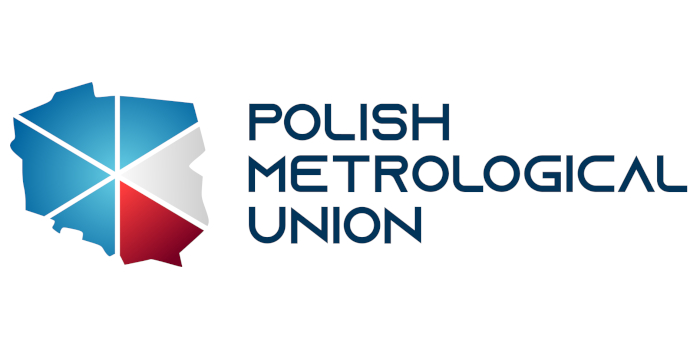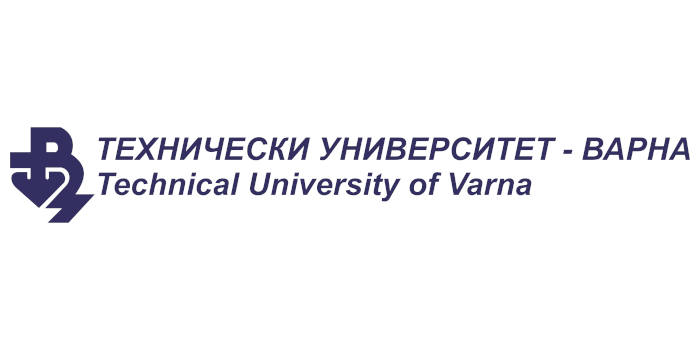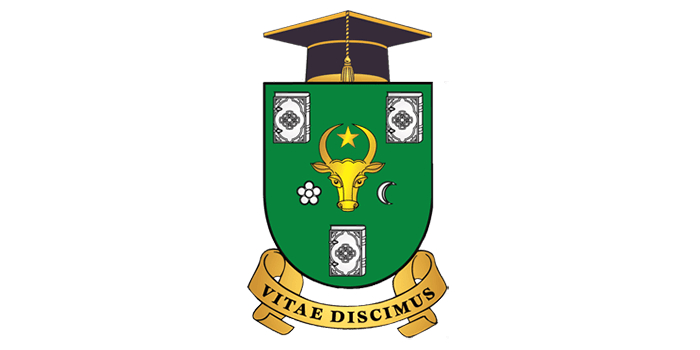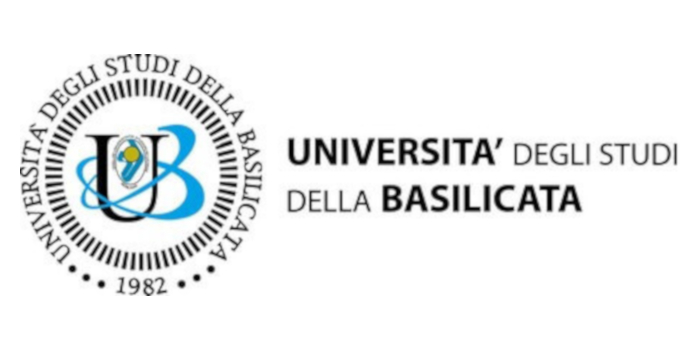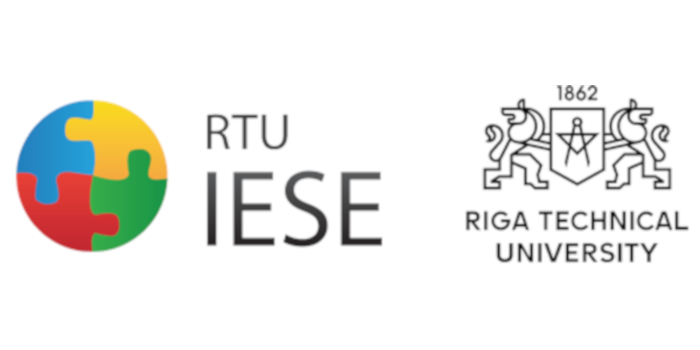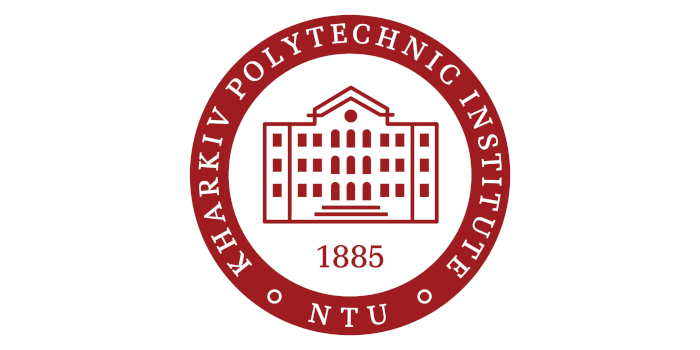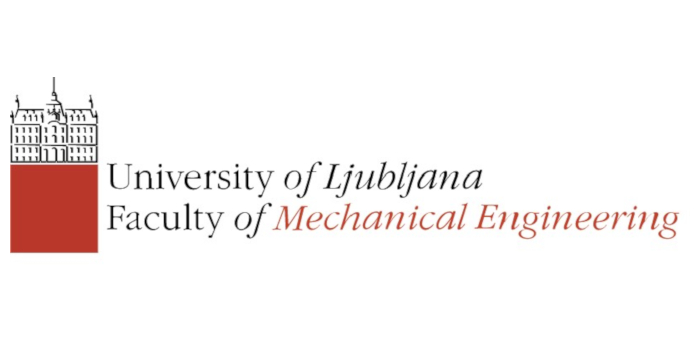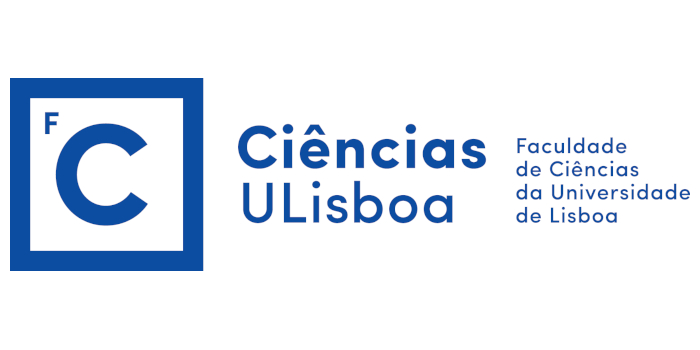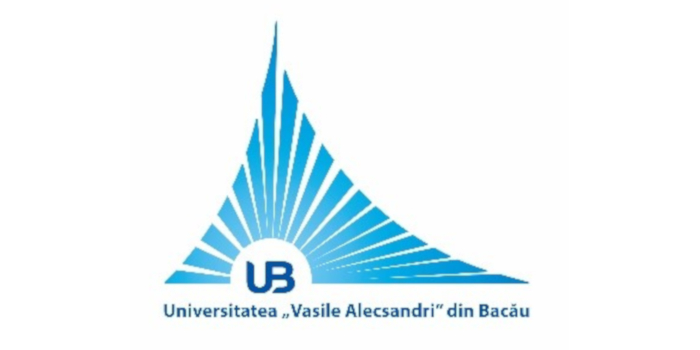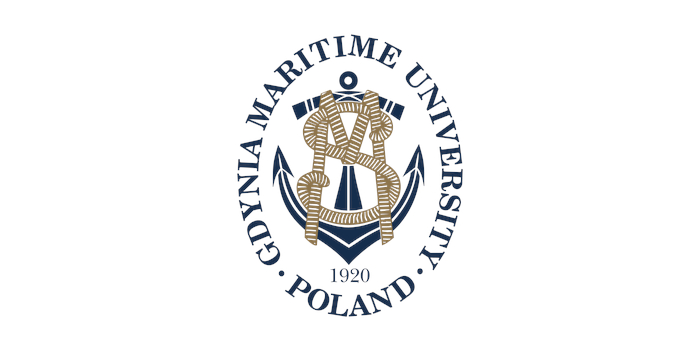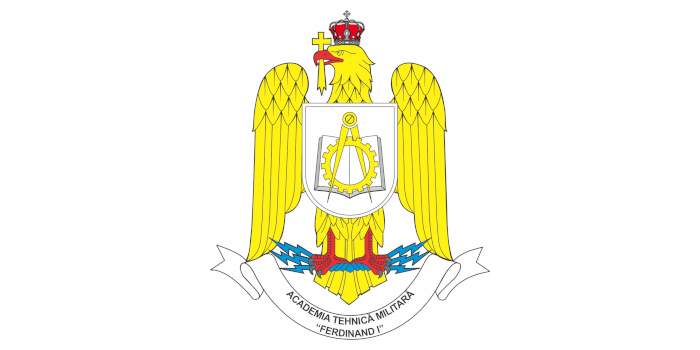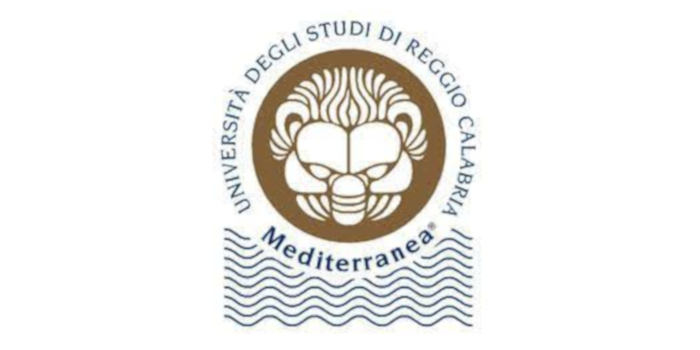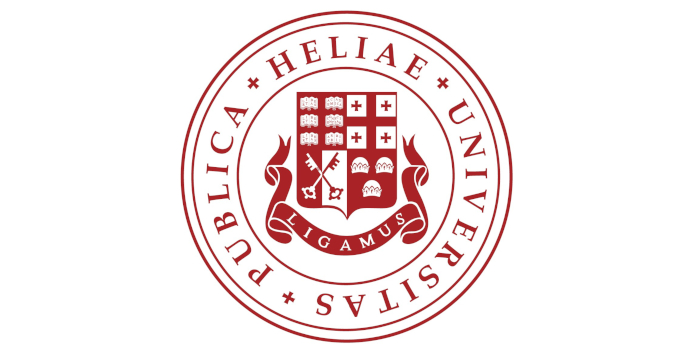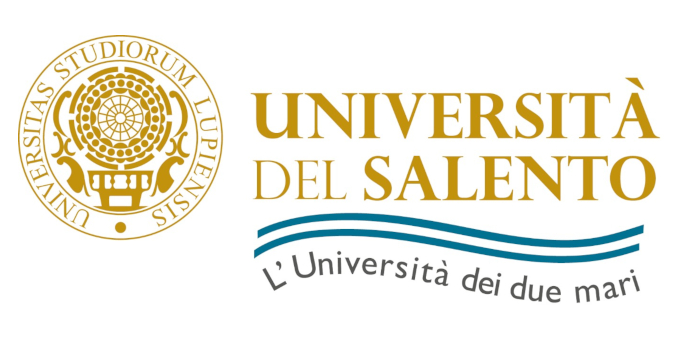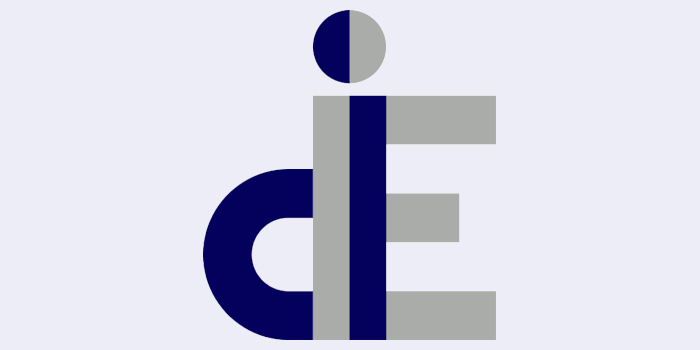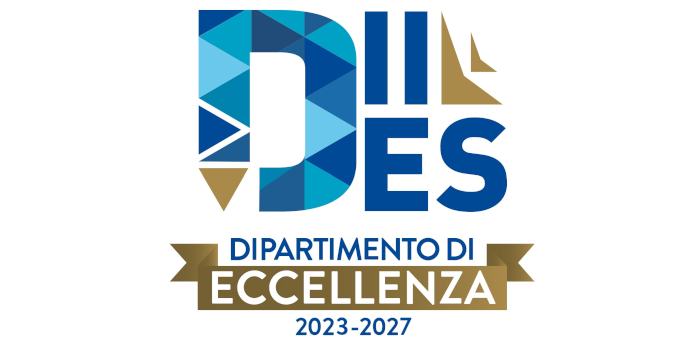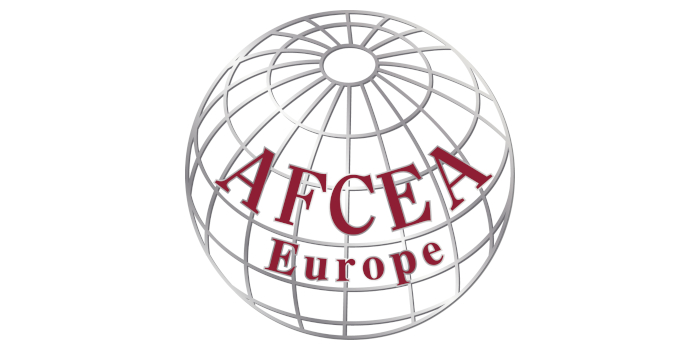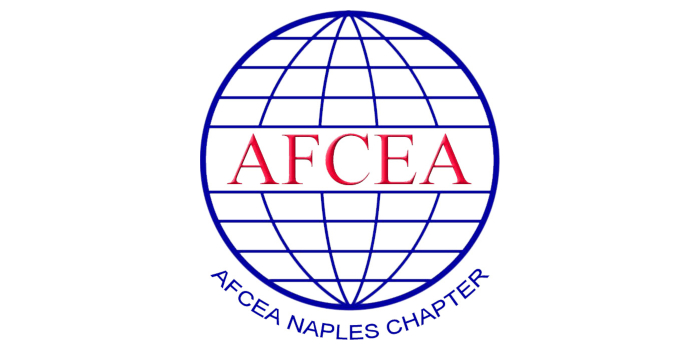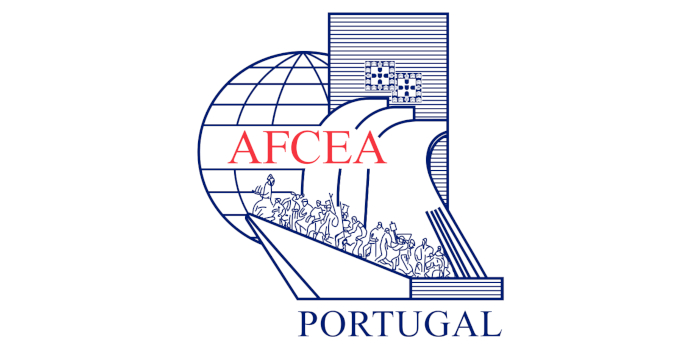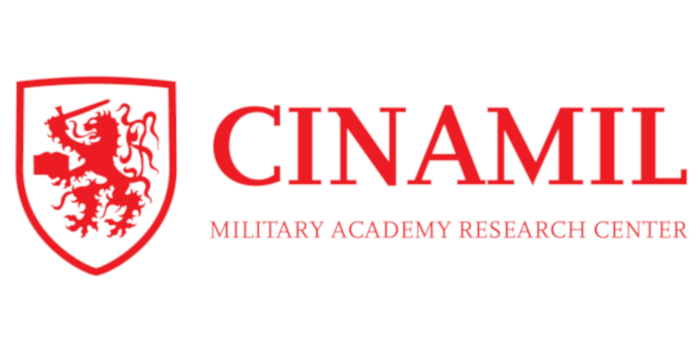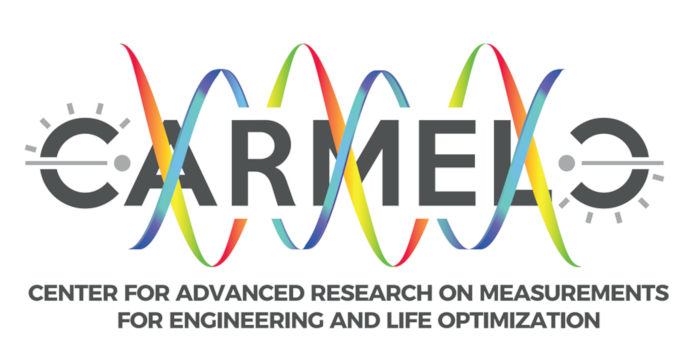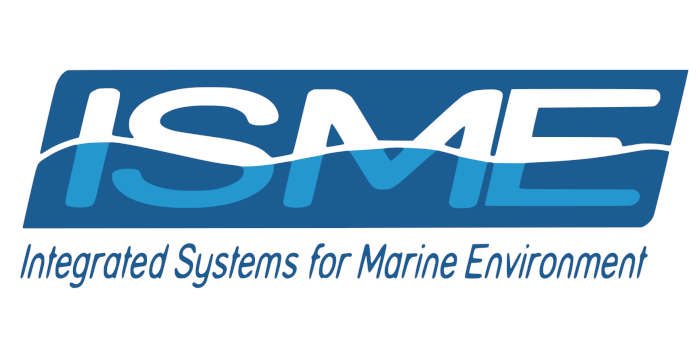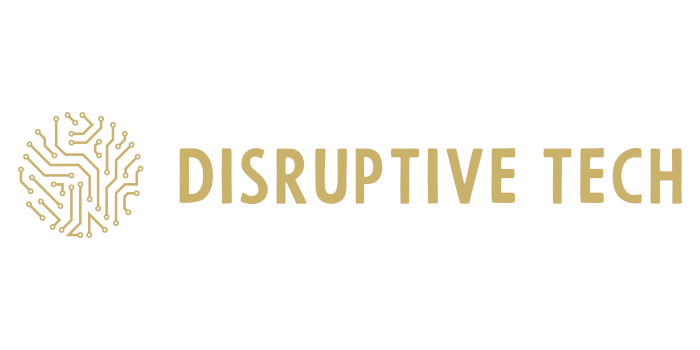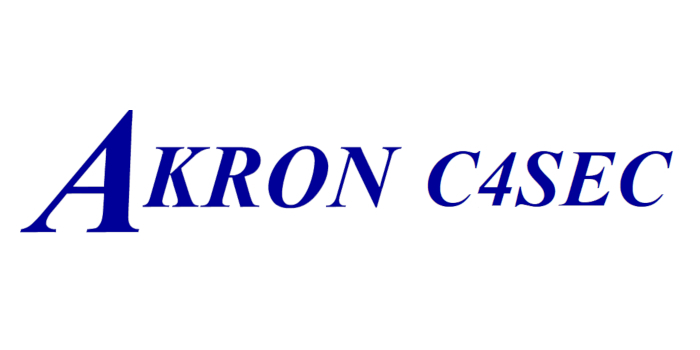SPECIAL SESSION #6
Innovation in Energy Harvesting Technologies for Military and Civil Use
ORGANIZED BY
Luigi Costanzo
University of Campania Luigi Vanvitelli, Italy
Daniele Davino
University of Sannio, Italy
Massimo Vitelli
University of Campania Luigi Vanvitelli, Italy
ABSTRACT
The last years have seen a very increasing diffusion in both military and civil sectors of electronic devices that needs to be supplied by rechargeable batteries. Examples are: mobile devices like smartphones and smartwatches; wearable devices for military, healthcare and fitness, applications; electric vehicles; wireless sensor nodes frequently employed, for monitoring purposes, in environments or infrastructures where a wired energy supply is not present or its distribution is not economically convenient.
Whichever is the application, batteries need to be frequently recharged due to their limited capacities. In this context, Energy Harvesting is currently receiving considerable attention and, in order to avoid the waste of precious energy, the design and optimization of both transducers and power electronics interfaces is of crucial importance. Moreover, the use of energy harvesting technologies strongly improves the availability and resilience of both military and civil electronic devices.
The objective of the session is to focus on all the new technologies and latest scientific innovations in the analysis, design, and optimization of energy harvesting transducers and of power electronics interfaces.
TOPICS
The special session topics of interest include, but are not limited to:
- Energy harvesting for dual use (military and civil);
- Vibration Energy (piezoelectric, electromagnetic, magnetostrictive, and more);
- Photovoltaic;
- Micro Wind Turbines;
- Thermoelectric Generators;
- Regenerative Suspensions;
- Rail Track Vibration Energy Harvesters;
- Rainfall Energy Harvesters;
- Wearable Energy Harvesters;
- Impedance Matching;
- Maximum Power Transfer;
- Maximum Power Point Tracking.
ABOUT THE ORGANIZERS
Luigi Costanzo was born in Italy, in 1989. He received the master’s degree (cum laude) in electronic engineering from the Second University of Naples, Naples, Italy, in 2014, and the Ph.D. degree in industrial and information engineering from the Department of Industrial and Information Engineering, Università degli Studi della Campania “Luigi Vanvitelli,” Caserta, Italy, in 2017. He is currently an Assistant Professor with the Department of Engineering of Università degli Studi della Campania “Luigi Vanvitelli.” His main research interests include maximum power point tracking techniques in photovoltaic applications, power electronics circuits for renewable energy sources, and analysis, design and optimization of energy harvesting systems.
Daniele Davino was born in Napoli, Italy, in 1972. He received the laurea degree (cum laude) in electronic engineering in 1997 and the Ph.D. degree in electrical engineering in 2000 from the University of Naples Federico II, Naples, Italy. He is currently a Full Professor with the Department of Engineering, Università degli Studi del Sannio, where he teaches electric circuits and low-frequency electromagnetism. He has been PI and engaged in many scientific projects. He has co-authored more than 100 international papers. His main research interests include smart materials and their application as smart actuation/sensing and Energy Harvesting, hysteresis in magnetic, piezo and smart materials and devices. He is Associate Editor of the IEEE Transactions on Magnetics.
Massimo Vitelli was born in Caserta, Italy, in 1967. He received the laurea degree (cum laude) in electrical engineering from the University of Naples Federico II, Naples, Italy, in 1992. He is currently a Full Professor with the Department of Engineering, Università degli Studi della Campania “Luigi Vanvitelli,” where he teaches electric circuits and power electronics. He has been engaged in many scientific projects. He has co-authored a number of national and international patents and two scientific books. His main research interests include maximum power point tracking techniques in photovoltaic applications, power electronics circuits for renewable energy sources, and methods for analysis, design and optimization energy harvesting systems. He is Associate Editor of the IEEE Transactions on Power Electronics.
